Celebrating Plants and People
-

Newly Researched Tea Plant Offers All The Benefits Of Tea Without The Drawbacks Of Caffeine
Stripping away caffeine from tea involves either immersing the leaves in carbon dioxide at extremely high pressure or treating the leaves with searing hot water. Although this will get rid of most of the caffeine, it can cause collateral damage to some of the fragile compounds that give tea its benefits. And, as with decaf…
-
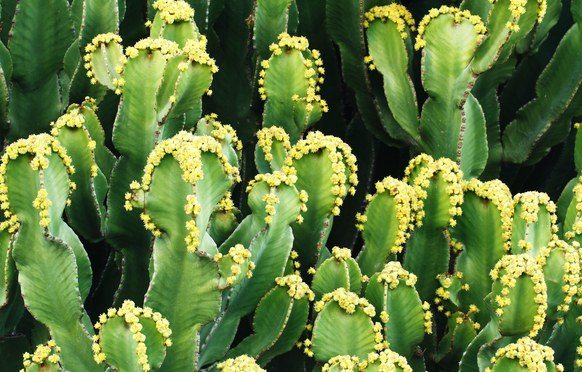
Can This Plant Alleviate Post-Operative Pain And Eliminate Need For Opioids?
But while that toxicity will lay up any mammal dumb enough to chew on the resin spurge, resiniferatoxin has also emerged as a promising painkiller. Inject RTX, as it’s known, into an aching joint, and it’ll actually destroy the nerve endings that signal pain. Which means medicine could soon get a new tool to help…
-
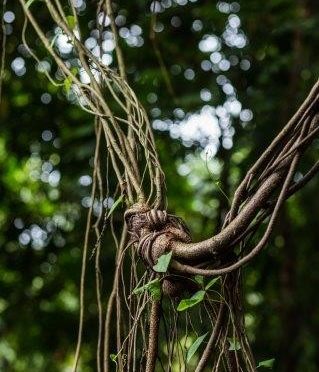
The Cure For One Of The Deadliest Cancers May Be Found In An Obscure African Vine
Pancreatic cancer cells are known for their ability to thrive under extreme conditions of low nutrients and oxygen, a trait known in the cancer field as “austerity.” The cells’ remarkable resistance to starvation is one reason why pancreatic cancer is so deadly. Now researchers have identified a compound from a Congolese plant that has strong…
-
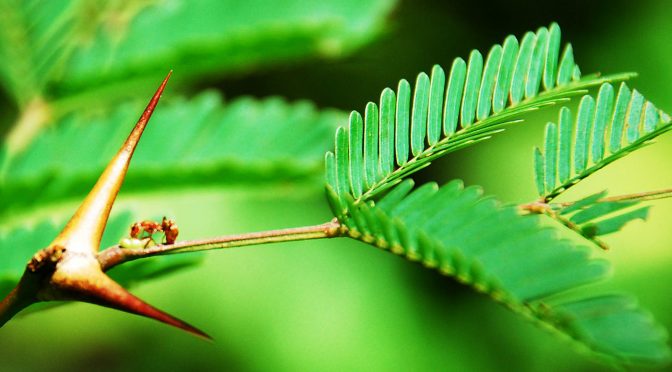
Science Declares Which Came First: Ants Needing Plants Or Plants Needing Ants
The team mapped the history of plant’s ant-friendly traits and of ants’ plant use onto these family trees – a process called ancestral state reconstruction. They were able to determine when plants began relying on ants for defense and seed distribution—and it looks like ants have relied on plants for longer than plants have directly…
-
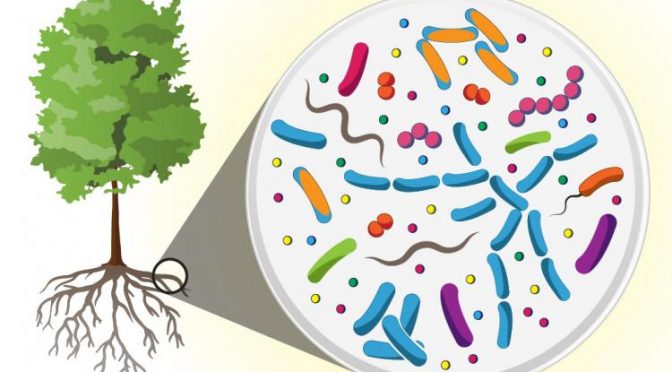
Trees’ Soil Microbial Community May Hold Untold Medical Promise
Communities of microbes living in and around poplar tree roots are ten times more diverse than the human microbiome and produce a cornucopia of novel molecules that could be useful as antibiotics, anti-cancer drugs, or for agricultural applications. The study marks the first deep look at gene clusters in the Populus microbiome that code for…
-
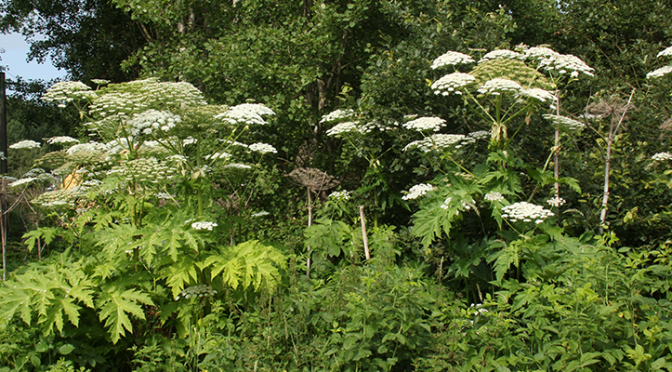
Exotic Plant Species Become Invasive When They Are Most Unlike Native Species
The results showed that non-native plants are more likely to become invasive when they possess biological traits that are different from the native community and that plant height can be a competitive advantage. (Click on title for full story.)
-
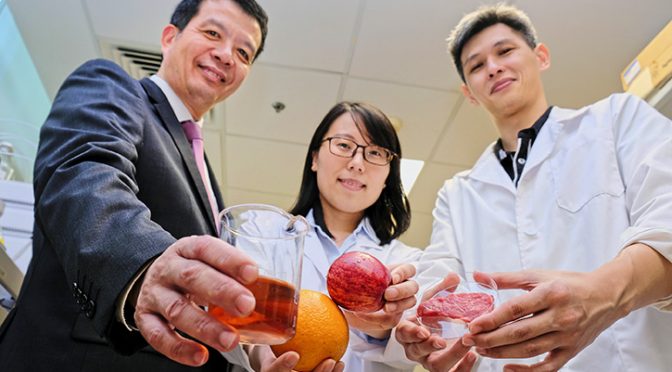
Plant-Derived Food Preservative Proves Itself
In tests carried out on meat and fruit juice samples, the organic preservative kept its samples fresh for two days without refrigeration, compared to commercial-grade artificial food preservatives.The experiment was conducted at room temperature (about 23 degrees Celsius) where the other food samples with artificial preservatives succumbed to bacteria contamination within six hours. (Click on…
-
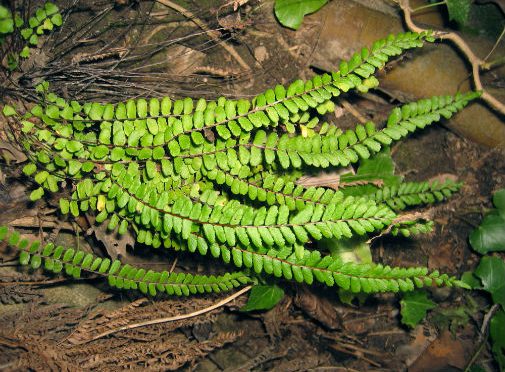
Thousand-Year-Old Skeleton Reveals Medieval Herbal Use Of Ferns
“Through analysis of the dental calculus of the skeleton, which we believe dates back to the ninth or 10th century, we were able to determine that the cells were from fern plant, asplenium trichomanes, a common species that grows in rocky areas worldwide. These ferns have been used by herbalists, surgeons, doctors, and other healers…
-
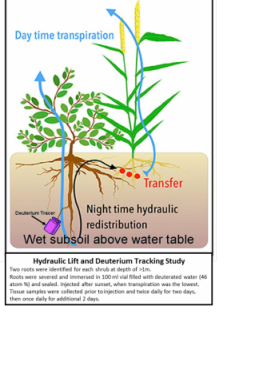
How An Over-Looked African Shrub Might Revolutionize Arid Farming
They found that, at night – when the shrubs weren’t busy with sunlight-dependent photosynthesis – the water drawn from deep underground leaks out through surface roots into the surrounding soil rather than exiting through the leaves. (Click on title for full story.)
-
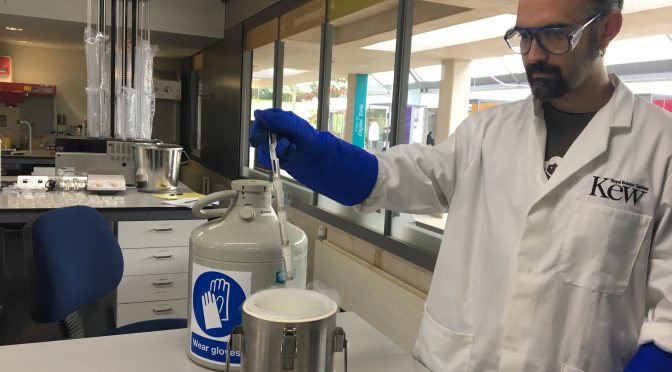
Seed Banking Is Not An Option For Saving A Third Of Endangered Plant Species
New evidence from Kew suggests that traditional seed banking approaches will fail to save some of our most economically important fruit and vegetables and iconic tree species from extinction. (Click on title for full story.)
